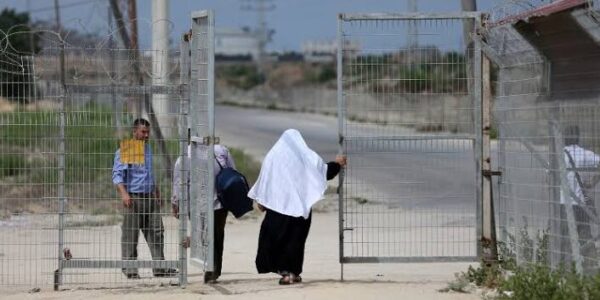Resilience Amidst Despair: A Deep Dive into the Ongoing Struggles in Gaza and the Broader Middle East
In the wake of escalating violence and despair in Gaza, a recent discussion featuring Palestinian novelist and activist Susan Abulhawa sheds light on the enduring spirit of resistance among Palestinians and the implications for global solidarity movements. As 2024 draws to a close, Abulhawa reflects on the catastrophic events that have unfolded, particularly since the tragic day of October 7th, which reignited global attention on the Palestinian plight.
Abulhawa argues that had this escalation not occurred, the slow normalization of oppression and the “slow death of Palestine” would have continued unchecked. She highlights the sacrifices of those in Gaza, framing their struggle as a pivotal moment that fuels a revolutionary spirit worldwide. The emotional toll of witnessing daily atrocities, including the recent loss of notable figures, weighs heavily on those outside the conflict, yet Abulhawa urges against despair. “How dare we who live in safety despair?” she asks, emphasizing the moral obligation to remain hopeful and engaged in the fight for justice.
* Click to Follow Voice of Ladakh on WhatsApp *
The conversation also touches on the geopolitical landscape in the region, with Abulhawa asserting that Israel’s increasing isolation reflects a growing awareness of its actions on the global stage. She notes that the historical context of revolutions teaches us that every struggle is fraught with challenges, yet each setback can lead to eventual progress. By drawing parallels with past revolutionary movements, she inspires a sense of long-term optimism, even amidst overwhelming adversity.
In addressing the media’s portrayal of the conflict, Abulhawa criticizes the normalization of violence in Gaza, describing it as background noise rather than a humanitarian crisis demanding urgent attention. She emphasizes the importance of independent media in breaking down false narratives and holding power accountable, arguing that the manipulation of public sentiment is a key tactic employed by oppressive regimes.
The conversation also delves into the complex dynamics within Palestinian leadership, particularly the Palestinian Authority, which Abulhawa describes as complicit in Israeli imperialism. She advocates for a reevaluation of leadership structures, suggesting that a grassroots movement to reconstitute the Palestine Liberation Organization (PLO) could offer a path forward for genuine representation and resistance.
Abulhawa’s insights resonate with a growing sentiment among activists who recognize the need for solidarity across various liberation movements. She highlights the significance of connecting the struggles of marginalized communities, drawing parallels between Palestinian and Black American experiences, as articulated by figures like Ta-Nehisi Coates. This intersectionality underscores the potential for a unified front against imperialism and oppression.
As the situation in Gaza continues to unfold, Abulhawa’s message is clear: despair is not an option. The sacrifices made by those enduring unimaginable hardships serve as a call to action for those living in relative safety. By amplifying voices of resistance and challenging dominant narratives, solidarity movements can foster a global consciousness that recognizes the interconnectedness of struggles for justice. Through resilience, hope, and a commitment to historical truth, the quest for liberation remains alive against all odds.



0 Comments